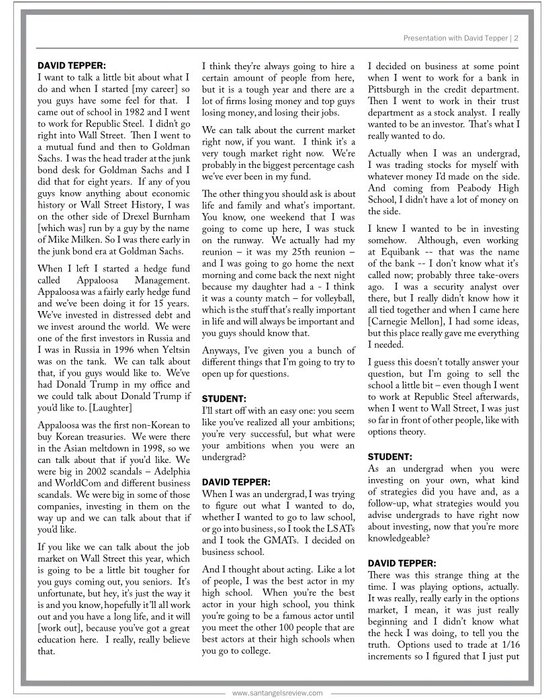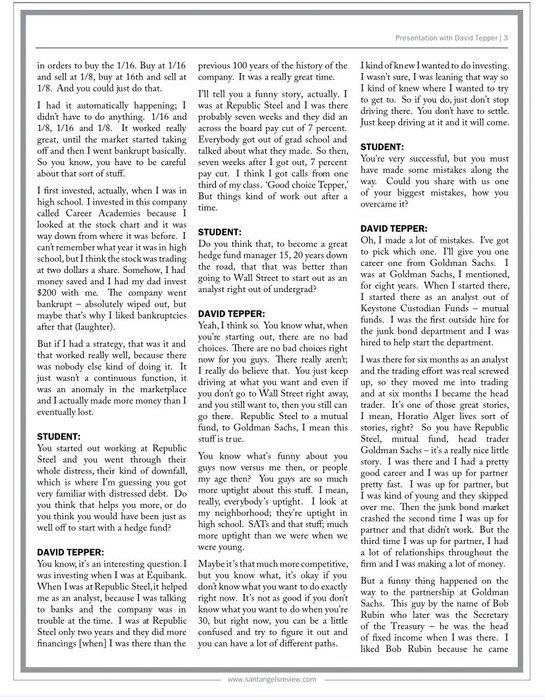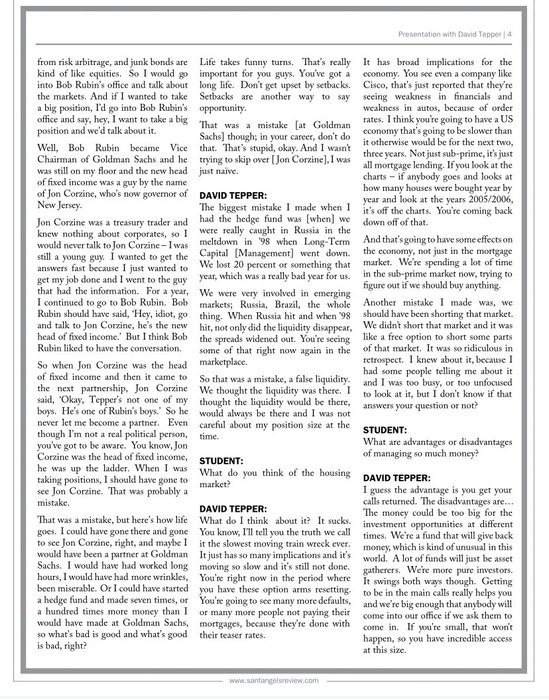Sublime
An inspiration engine for ideas

How much money would these three investors end up with over time? Sue ends up with $435,551. Jim has $257,386. Tom $234,476. Sue wins by a mile. There were 1,428 months between 1900 and 2019. Just over 300 of them were during a recession. So by keeping her cool during just the 22% of the time the economy was in or near a recession, Sue ends up with
... See moreMorgan Housel • The Psychology of Money: Timeless lessons on wealth, greed, and happiness
Bon à savoir Les frais sont un poison pour votre patrimoine. Si vous payez 2 % de frais par an, votre manque à gagner au bout de 30 ans s’élèvera à 43 % ! Je vous aiderai à les trouver et à vous en débarrasser.
Mounir Laggoune • Investir Pour Être Libre
Value Investing with Legends Columbia Business School
podcasts.apple.comPrint me a statement that clearly shows my annual percentage return since we began, net of fees. Benchmark my return against the relevant accumulation index for the same period. Provide me with an itemised list of fees (expressed in both dollars and percentages). Include any and all ongoing fees, commissions and administrative costs that I'm
... See moreScott Pape • The Barefoot Investor: The Only Money Guide You'll Ever Need




Legendary Investor Bill Gurley on Investing Rules, Finding Outliers, Insights from Jeff Bezos and Howard Marks, Must-Read Books, Creating True Competitive Advantages, Open-Source Strategies, Adapting Mental Models to New Realities, and More (#651) - The Blog of Author Tim Ferriss
tim.blog
